Across the country, Nurse Practitioners (NPs) are filling critical care gaps, especially in underserved communities. We’re driving value, improving outcomes, and offering cost-effective solutions in a strained system. But despite our impact, NP-led practices continue to face an uphill battle—one shaped not by clinical skill or patient demand, but by structural, policy-driven barriers that hold us back.
If we want a healthcare system that truly reflects the needs of patients and the realities of care delivery, we must start with the truth: the system was not built with NPs in mind. It’s time to name the problems, expose the inequities, and demand the reforms that will finally level the playing field.
Consolidation Is Undermining Community Health
Healthcare consolidation is often sold as a path to efficiency and streamlined care. But the reality on the ground tells a different story.
As NP practice owners, we’ve seen how corporate mergers prioritize shareholder returns over patient outcomes. Community voices are promised a seat at the table—but are quickly sidelined when governance is centralized and local accountability fades.
When decision-making is divorced from the people delivering and receiving care, equity becomes an afterthought. Health care cannot—and should not—be managed like a corporate portfolio. Our communities deserve better.
Value-Based Payment: Designed to Exclude?
NPs have long been at the forefront of providing patient-centered, preventive care—exactly what Value-Based Payment (VBP) models aim to reward. Yet we continue to face systemic exclusion.
Whether it’s being left out of ACO attribution models, grappling with outdated billing structures, or shouldering disproportionate risk as small practice owners, the barriers to VBP participation are clear. And they’re costing patients the benefits of NP-led care.
VBP programs must evolve to reflect how healthcare is actually delivered today. That begins by including all qualified providers—NPs included.
The “Full Panel” Lie: When Insurer Directories Mislead
Another quiet barrier lies in credentialing and network access. Time and again, NPs are denied entry to insurance panels under the pretense that they’re “full.” But those same panels often feature outdated directories filled with inactive providers.
This deceptive practice misleads patients and restricts access to high-quality, NP-led care. It’s more than an administrative oversight—it’s a form of gatekeeping that reinforces systemic inequity.
We must demand transparency, accuracy, and accountability from insurers. Patients deserve to know who’s actually available to care for them.
Credentialing Delays: A Hidden Threat to NP Practice Growth
When physicians onboard a new provider, they can bill during the credentialing period. But NP-owned practices? We’re left waiting—often for months—without support or reimbursement.
This delay doesn’t just hurt business viability; it blocks patient access and undermines our ability to grow the workforce. Equal care deserves equal process. Streamlining credentialing for NP practices is not a luxury—it’s a necessity.
Education Funding: Invest Where the Workforce Is
As physician shortages dominate headlines, federal and state funding continues to pour into medical education pipelines. Meanwhile, NP training remains chronically underfunded.
We need a national loan program for NP students, administered through community-based Doctor of Nursing Practice (DNP) programs, with dedicated funding for preceptors and infrastructure. We cannot build a resilient healthcare workforce while ignoring the fastest-growing segment of it.
Supporting NP education is not just about fairness—it’s about future-proofing healthcare.
The Path Forward: Real Solutions, Right Now
Change is possible—and within reach. From payment reform to antitrust enforcement, here are just a few policy priorities that can make an immediate difference:
- End “incident to” billing that masks NP contributions
- Modernize VBP programs to include NP attribution
- Enforce insurer accountability on network accuracy
- Streamline NP credentialing to match physician credentialing standards
- Fund a national NP student loan program
- Protect independent NP practices from anti-competitive transactions
- Enforce existing healthcare anti-discrimination laws
We’re encouraged to see the Department of Justice’s Antitrust Division taking these issues seriously. But now we need action—not just analysis.
Conclusion: It’s Time to Be Heard
NPs are ready. We’re leading practices, educating students, filling care gaps, and building healthier communities. But we cannot do it alone—and we shouldn’t have to fight the system we serve.
It’s time for our voices to be heard in every room where decisions are made. Because when NPs are supported, patients thrive. And when policies reflect the real world of healthcare delivery, everyone wins.
Join the Conversation:
- How has consolidation impacted care in your area?
- What policy change would make the biggest difference for your practice?
- What does an equitable future for NPs look like to you?
Let’s build it—together.
